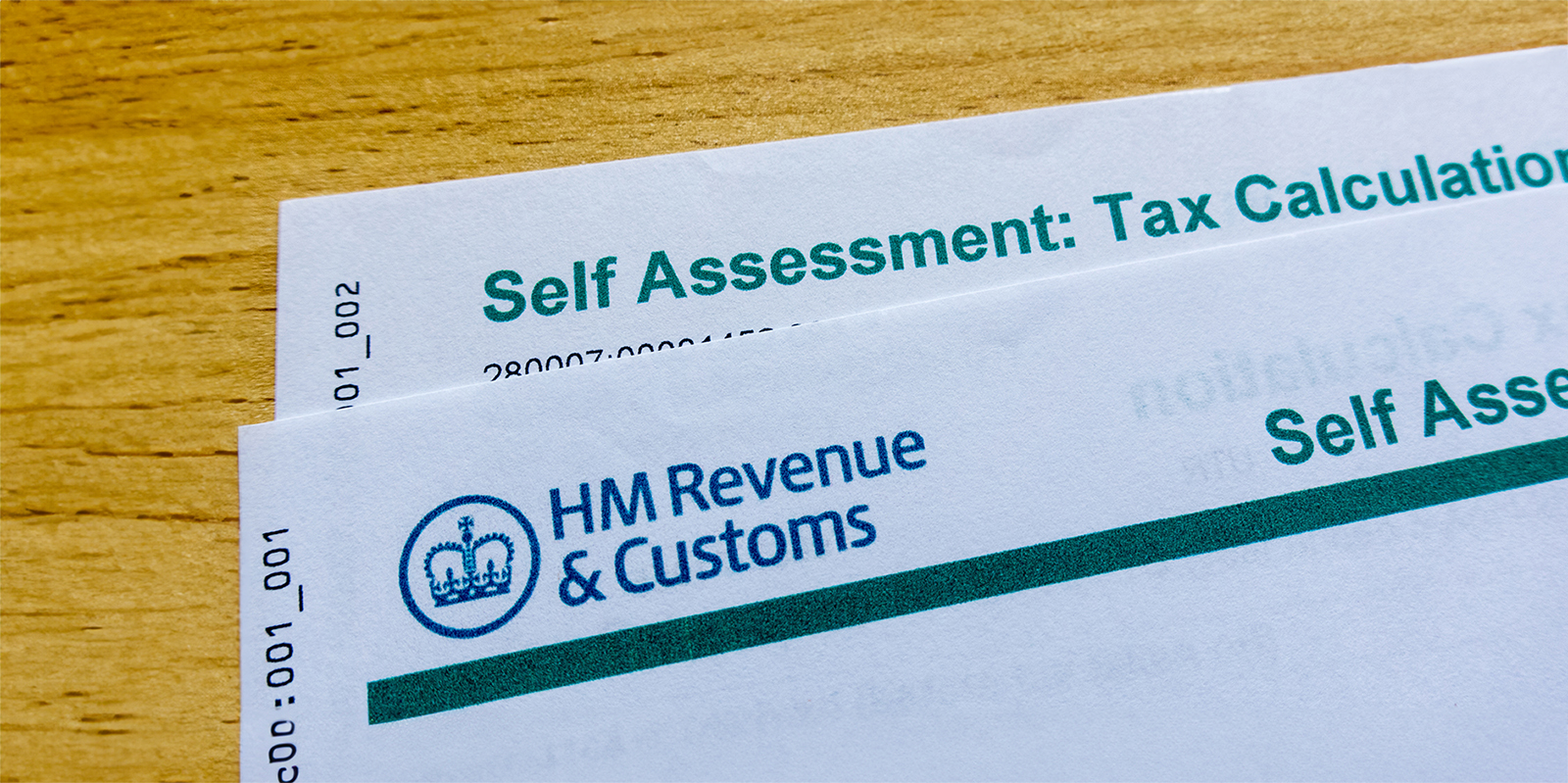ax season can be overwhelming, but staying on top of important dates can help you avoid unnecessary stress and penalties. In this guide, we’ll break down the key tax dates for the 2024 tax year in the UK, explain what they mean, and provide examples to make it all easier to understand.
April 5, 2024: End of the 2023/2024 Tax Year
The tax year in the UK runs from April 6 to April 5 the following year. April 5, 2024, marks the end of the 2023/2024 tax year. This is the last day to ensure that all your transactions, including earnings, expenses, and investments, are properly recorded.
Example
If you made charitable donations during the year, ensure they’re documented before April 5 to claim tax relief.
April 6, 2024: Start of the 2024/2025 Tax Year
The new tax year begins on April 6, 2024. This is also when you might want to consider registering any payroll benefits online with HMRC. This allows your employees to pay tax on these benefits in real time, rather than through an adjustment at the end of the year.
Example
If your company offers benefits like a company car or private medical insurance, registering them now helps employees manage their tax better.
May 31, 2024: Deadline for Issuing P60 Forms
Employers must issue P60 forms to all employees by May 31, 2024. The P60 summarizes the tax paid by employees over the 2023/2024 tax year.
Example
If you’re an employee, check your P60 to make sure all the tax you’ve paid is correctly recorded. This is important for your records and future tax filings.
July 6, 2024: Deadline for Submitting Form P11D
If you provide benefits to employees that were not payrolled by April 6, 2024, you need to submit Form P11D to HMRC by July 6, 2024. Late submissions can result in penalties, so it’s crucial to meet this deadline.
Example
If your company gave out bonuses in the form of non-cash benefits (like shares), these need to be reported on Form P11D unless they were already included in payroll.
July 31, 2024: Deadline for Second Payment on Account
If you’re self-employed or have a tax liability exceeding £1,000, July 31, 2024, is the deadline for making your second payment on account for the 2023/2024 tax year.
Example
Let’s say you owe £2,000 in tax for the year. You would typically make two payments of £1,000 each: one by January 31 and the other by July 31.
October 5, 2024: Deadline for Registering for Self-Assessment
If you need to file a tax return for the first time, you must register for Self-Assessment by October 5, 2024. This is crucial if you’ve started a new business, earned additional income, or have other taxable income that isn’t taxed at source.
Example
If you started freelance work in the 2023/2024 tax year, you need to register for Self-Assessment by October 5, 2024, to report this income.
October 31, 2024: Deadline for Paper Filing of Self-Assessment Tax Returns
For those who prefer to file their tax returns on paper, the deadline is October 31, 2024. However, online filing is encouraged, as it offers more time and is generally more efficient.
Example
If you decide to file your Self-Assessment tax return by post, make sure HMRC receives it by October 31, 2024. Otherwise, you could face penalties for late filing.
January 31, 2025: Deadline for Online Filing and Paying Tax
This is one of the most critical dates of the tax year. By January 31, 2025, you must submit your online Self-Assessment tax return for the 2023/2024 tax year and pay any tax you owe. Missing this deadline can lead to hefty fines and interest on the amount you owe.
Example
If you have additional income from renting out a property, this needs to be declared in your Self-Assessment tax return, and any tax due must be paid by January 31, 2025.
April 5, 2025: End of the 2024/2025 Tax Year
This date is a repeat of the April 5 deadline but for the following tax year. It’s a good reminder to stay on top of your tax affairs throughout the year.
Example
As the tax year ends, it’s time to start gathering all your financial records for the 2024/2025 tax year to prepare for the next round of tax filings.
Why These Dates Matter
Keeping track of these dates is crucial for staying compliant with HMRC and avoiding penalties. Missing a deadline can result in fines, interest charges, or other penalties, which can add unnecessary stress to your financial life.
Conclusion
Managing your tax obligations doesn’t have to be overwhelming. By staying organized and being aware of key dates, you can ensure that you meet all your tax responsibilities on time. Whether you’re an employee, self-employed, or running a business, understanding these dates will help you stay on track and avoid any unpleasant surprises.
For more personalized advice on your tax situation, consider speaking with a tax professional who can guide you through the process.

